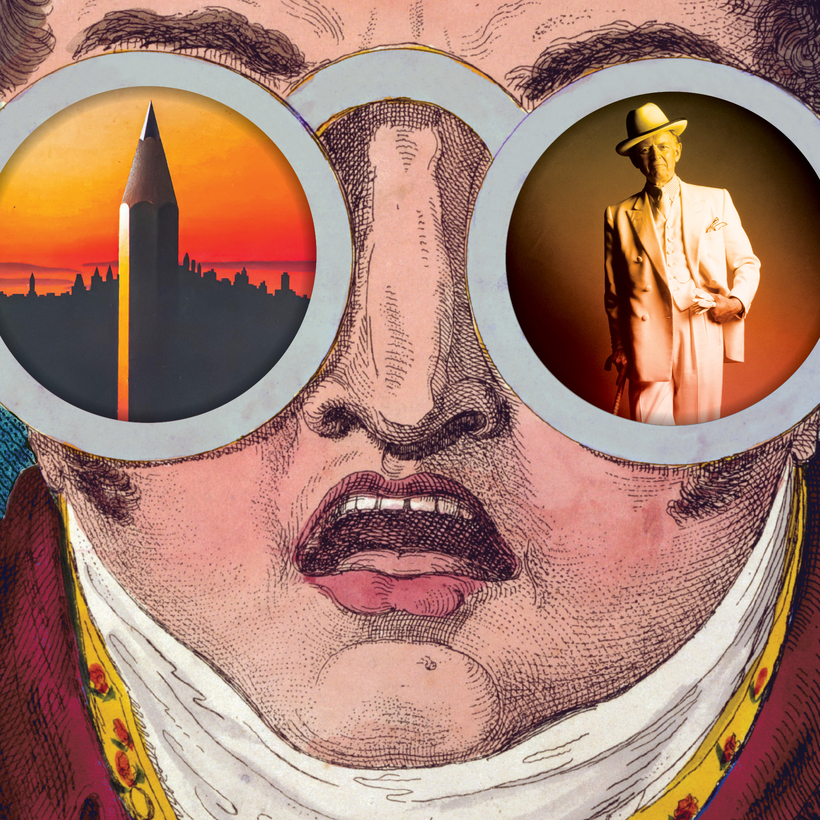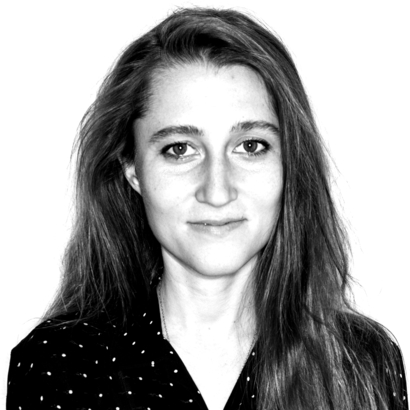“Everybody, everybody everywhere, has his own movie going, his own scenario, and everybody is acting his movie out like mad, only most people don’t know that is what they’re trapped by, their little script.” Tom Wolfe wrote this more than half a century ago, in his book The Electric Kool-Aid Acid Test. Since then, the world has expanded and splintered and niche-ified itself in ways even Wolfe—who was certainly the leading man in his own movie, strolling down Madison Avenue in a white three-piece suit and homburg hat as the culture wars of the 60s raged on—might not have imagined.
Air Mail’s literary prizes, which we’re awarding for the first time, were born out of a desire to establish some semblance of togetherness in this singularly isolating age.


